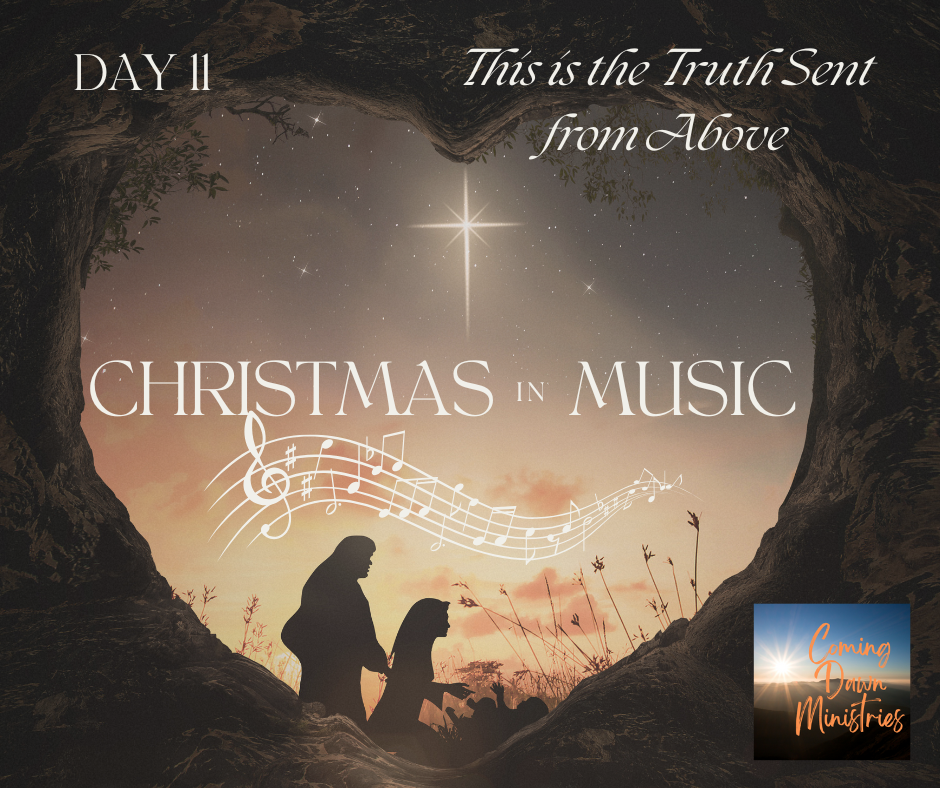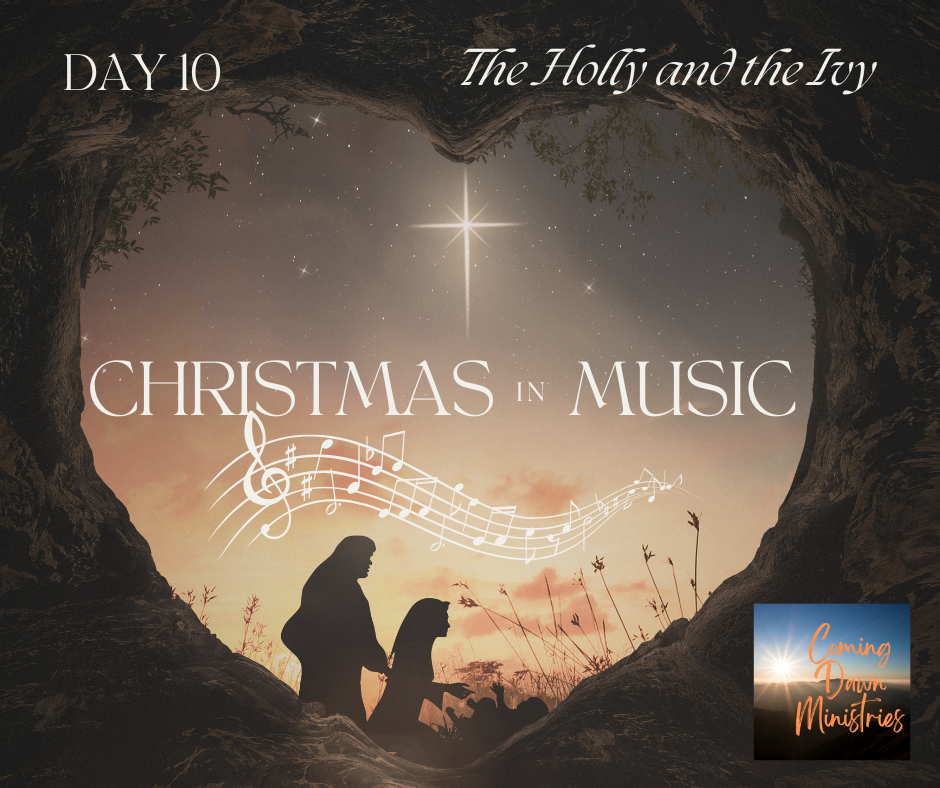God's Faithfulness in Persecution - Psalm 129
- Renée Coventry
- Nov 11, 2021
- 3 min read
In the past couple of posts, we've discussed how essential it is to make God the center of our lives, allowing the fear of Him to guide our decisions. However, when this act of worship is habitual, becoming a lifestyle, life does not become the proverbial bed of roses. Quite the opposite. Anything that glorifies God is a threat to the enemy, and he marks for persecution any life that consistently exalts the Lord. This is seen clearly in the next Song of Ascent.
Psalm 129
"Many times they have persecuted me from my youth up," Let Israel now say, "Many times they have persecuted me from my youth up; Yet they have not prevailed against me. The plowers plowed upon my back; they lengthened their furrows." The LORD is righteous; He has cut in two the cords of the wicked. May all who hate Zion be put to shame and turned backward; Let them be like grass upon the housetops, which withers before it grows up; With which the reaper does not fill his hand, or the binder of sheaves his bosom; Nor do those who pass by say, "The blessing of the LORD be upon you; We bless you in the name of the LORD."
At first glance, this Psalm appears to be bitter and hateful towards those who persecute the righteous. However, a closer look reveals that while the Israelites make a statement regarding tyranny against God's people, this Psalm reiterates who God is, His power, and an indictment against those who are the LORD's enemies.

Examining this Psalm closely portrays God's people as besieged, hard-pressed, distressed, and in a narrow place, between a rock and a hard place. It is continual persecution that never seems to let up. This song expresses that the wicked have plotted evil towards the righteous, engraving their nefarious plans on the backs of the godly, increasing the burdens of the children of God. And it is not a surface-level furrow; it runs deeply, violating our person and of prolonged duration. We've all felt this way. We've all questioned why. We've all asked, "When will it cease?" But amid the questioning, there arises within the people of God an incredible statement of faith.
Who is God? He is righteous. How powerful is He? God breaks "in two the cords of the wicked." They are not questioning whether God will do it; they state that He already has done it! We may not see it at the moment, but our God has already avenged us. How beautiful! What faith! What do we declare when we are put to the test? Might I suggest that we need to stand confident in the LORD's nature and love for His people? During these times of persecution, our true convictions stand out: faith in the character of God or lack of it. How we endure during hardship forms our character, and our character informs our ministry to others. Bitterness towards life's circumstances has no place in the body of Christ.
Included in this Psalm is the expected end of the wicked – those who purposefully and with malicious intent strive against God's plans and purposes for humanity. Those who have sought to interweave their wicked foliage into the life of God's people in the garden He has planted within them will be ashamed. This connotes a disappointment because the plans of the evil are driven back, withering away before they can ever be brought to maturity. We may experience a measure of what they intended, but the fulness of it doesn't touch the child of God. It causes one to wonder what would happen if the Lord allowed the enemy free rein with God's people. I'm thinking Job scenarios. BEFORE the enemy can deal tyrannically with us, bringing enslavement, the LORD intervenes! Jesus Himself declared that evil would become so prevalent that no one would survive the time of tribulation had it not been shortened (Matt. 24:21-22).
The ending of this Psalm clarifies that God's blessing does not rest upon the evil plans of the wicked. We are not to pray for God to bless their work, and God's holy Name cannot be associated with such intentions. So what can we do when faced with such wickedness? We know from Scripture that Christ desires that none should perish but that all come to repentance. Our position is to pray that the devious encounter the living God and repent of their actions. Like the father in the parable of the prodigal son, God patiently waits, hoping that such people will turn from their evil ways and pursue Him. We pray that the Holy Spirit will open their eyes and awaken them to God's love and redemptive power and that they will turn, and in their turning see God for who He is – a faithful God to a thousand generations.



Amen and Amen !